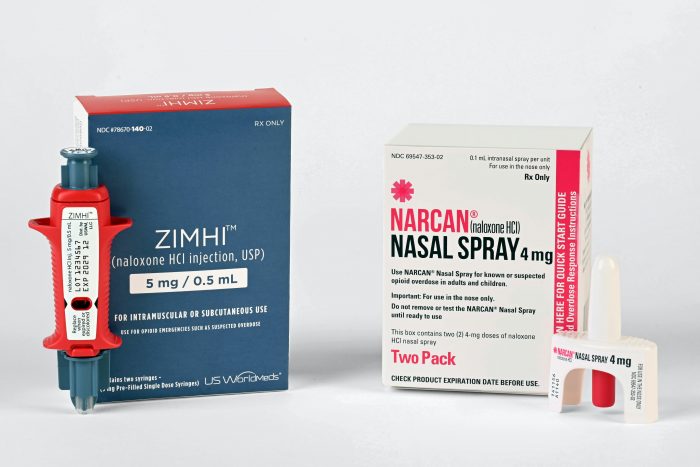Registration for the Pennsylvania Commission on Crime and Delinquency’s (PCCD) 2026 CJAB Conference “Driving Change Together” is now open. The conference will be held April 21–22 at the Penn Stater Hotel and Conference Center in State College. This year’s event will bring together criminal justice, behavioral health, and treatment partners for an engaging and thought-provoking event, featuring national and local experts who will examine rethinking the criminal justice system, shifting from reactive measures to cooperative solutions to foster meaningful change.
Criminal justice advisory boards (CJAB) are local planning and problem-solving groups. PCCD supports CJABs in getting started and with assistance on strategies and project implementation.
To register for the conference and view the agendas and session descriptions, visit the 2026 CJAB Conference web page on PCCD’s website.
The deadline for the discounted room rate of $139 is Friday, March 20.

















